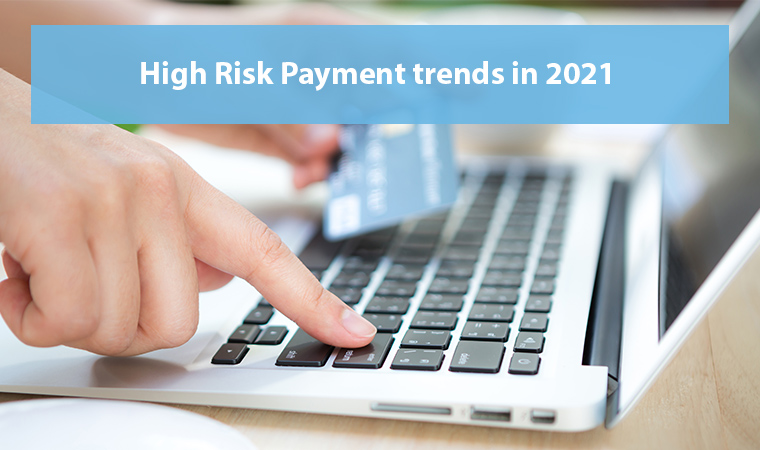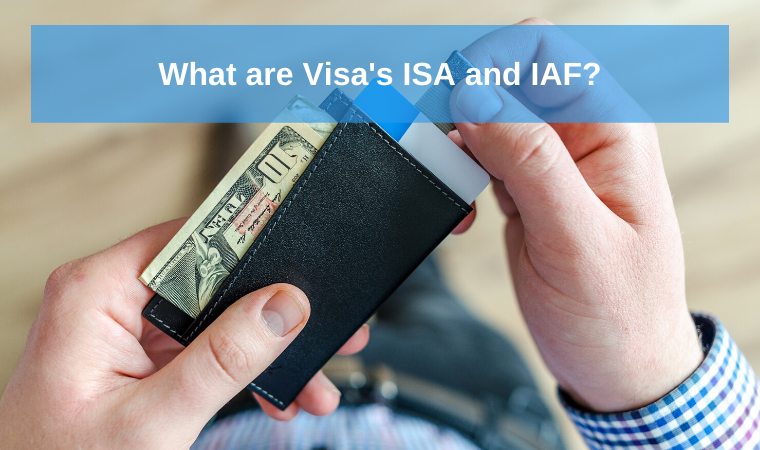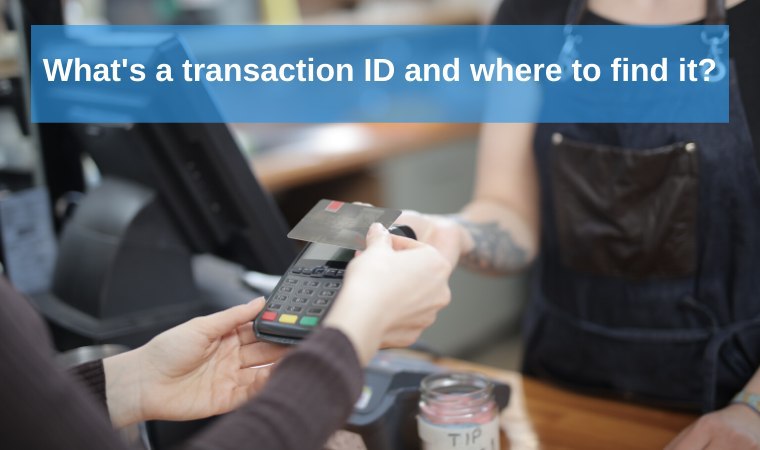Tokenisation
Tokenization is a process of replacing sensitive data with unique identification symbols that keep all the information about the data without putting its security at risk. Tokenization is meant to minimize the amount of data a business needs to keep on running. It has become a common wat for small and middle-size companies to strengthen the security of credit card transactions while decreasing the cost and intricacy of compliance.
Payment card industry (also known as PCI) standards prohibit credit card numbers from being stored on a retailer’s point-of-sale terminal. It also does not allow to store sensitive data in its databases after a transaction is processed. To be PCI compliant, merchants have no choice but to install expensive encryption systems. They can also use the services of a PSP that provides a “tokenization option.” The service is responsible for delivering issuance of the token value and keeping the cardholder data locked down.
In such a case, the PSP provides the merchant with a driver for the POS system. It converts credit card numbers into tokens (randomly-generated values.) As this is not a primary account number (PAN), it can’t be used outside the transaction with that specific merchant. In credit card payment processing, for example, the token usually comprises the last four digits of the actual card number. The rest of the token consists of numbers and letters that report to cardholder information and data of the transaction.


